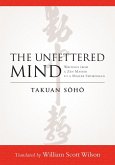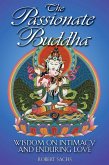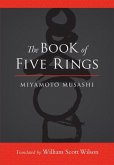Japanese Zen Buddhist monk Kaiten Nukariya's work, "The Religion of the Samurai," examines the religious and philosophical traditions of the samurai, the military class of mediaeval Japan. The book also discusses the ethics of Confucianism, Shintoism, and the place of Buddhism in the samurai's code of behavior. According to Nukariya, the samurai's religion was a special synthesis of numerous spiritual traditions, with Buddhism predominating. He examines how the samurai's view of life and death was impacted by the Buddhist ideas of impermanence, non-attachment, and the nature of suffering. He also explores the Confucian values of respect for authority and social order, which had a significant impact on the development of the samurai code of behavior. The significance of self-control, self-awareness, and inner calm in samurai spiritual practices is emphasized by Nukariya throughout the book. He also discusses the significance of mindfulness and meditation in developing these traits and how they enabled the samurai to reach a level of enlightenment. Overall, "The Religion of the Samurai" offers a thorough analysis of the religious and philosophical beliefs that influenced samurai culture and their way of life.
Dieser Download kann aus rechtlichen Gründen nur mit Rechnungsadresse in A, D ausgeliefert werden.









